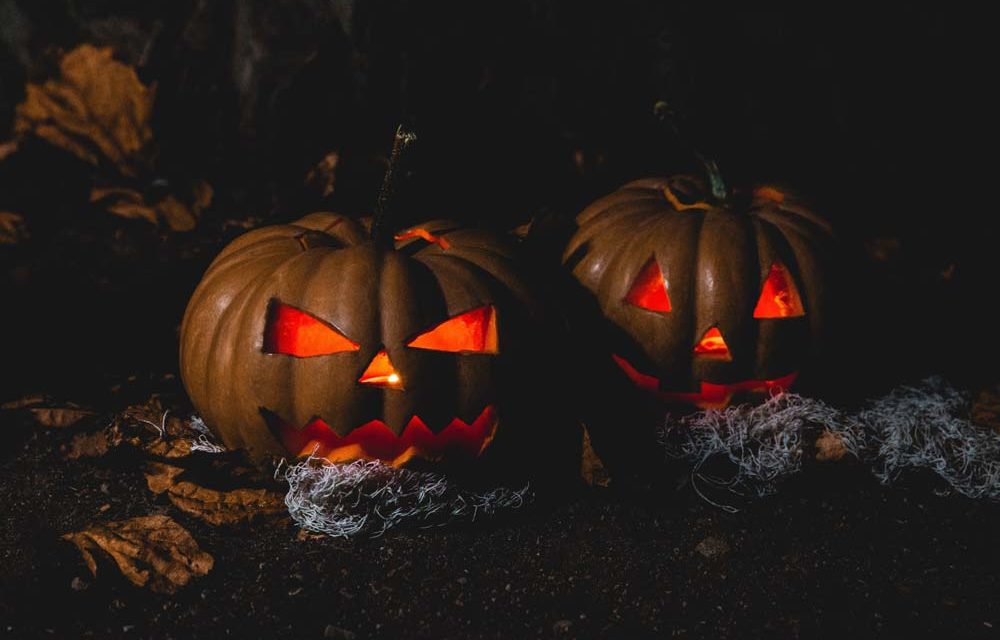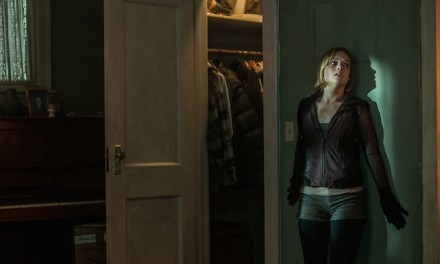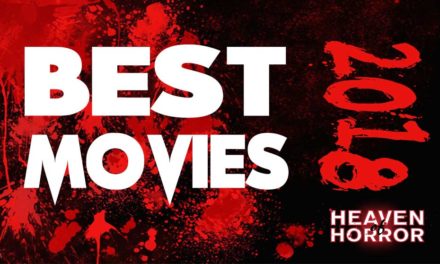Popular Horror Subgenres & Their Role In Entertainment
In recent years, the horror genre has seen a resurgence, not just in its classic form, but also through the emergence of new subgenres. Both traditional and contemporary subgenres of horror are shaping the way we engage with terror, suspense, and the unknown on-screen. From psychological horror to paranormal horror, these subgenres are redefining what it means to be scared while expanding the boundaries of entertainment.
Frequent subgenres used in horror entertainment
Horror as a genre has numerous subcategories, each with its unique set of themes and traits. Let’s explore some of the most popular ones that have gripped audiences for years:
- Vampires
This popular subgenre has proven to be one of the strong staples in the genre and has long been an iconic monster in horror entertainment. Typical traits include being undead and needing blood to survive, but other traits have varied across stories too – including having no reflection, disliking garlic, and sometimes even being able to walk in daylight.
- Paranormal & demonic possessions
Popular in the film industry, the paranormal and demonic aspects have both been widely covered on-screen over the years. Demonic spirits, ghosts, and possessions have been associated in horror entertainment with furniture moving by itself, exorcisms, Ouija boards, and much more.
- Zombies
From Korean films and American television shows to Telltale games, zombie horror focuses on the reanimated dead hungry for human flesh. The usual entertainment is focused on post-apocalyptic storylines where humans have to fight to survive against an invasion of the undead.
- Werewolves
Unlike vampires, werewolves were not given the same popularity status in horror entertainment yet are still used now and then for movie, game, or television monsters. Shifting into a wolf during the full moon, these creatures of horror often forget who they are once animal form takes over.
- Psychological horror
Unlike slasher, splatter, and body horror subgenres, psychological horror focuses on playing with the human mind. Many television series and films over the years have focused on aspects of psychological horror including phobias, madness, and home invasion, as characters try to overcome psychological tests and torment in order to survive.
Horror subgenres in movies & TV
The allure of horror subgenres extends beyond literature, making significant inroads into movies and television. Take vampires, for example. While ‘The Vampire Diaries’ offers a romanticised portrayal, focusing on the complexities of love and immortality, ‘From Dusk Till Dawn’ takes a grittier approach, honing in on the monstrous aspects. Similarly, zombie depictions range from the grim survivalist narrative in ‘The Walking Dead’ to the comedic spin in ‘Shaun of the Dead’.
In the realm of werewolves, ‘Teen Wolf’ combines teen drama with the challenges of lycanthropy, offering a modern twist on the folklore. The paranormal subgenre has also found to be popular with audiences of film franchises, including ‘The Conjuring’, ‘Paranormal Activity’ and ‘Insidious’.
Lastly, psychological horror has been masterfully portrayed in films like ‘The Shining’, where the isolation-induced descent into madness is palpable. In contrast, ‘Us’ and ‘Split’ delve into the complexities of identity and the human psyche. This diversity in representation across platforms highlights the adaptability and enduring appeal of these horror subgenres.
Horror subgenres in gaming
Horror subgenres have also found a compelling medium in games, offering immersive experiences that heighten the emotional impact. For those interested in lighter entertainment, some of the latest games available on mobile include slots like ‘Ooh Aah Dracula,’ and ‘Curse of the Werewolf’, each reflecting the themes and aesthetics of their respective horror subgenres. These mobile games make it easy to engage with horror tropes on the go, offering bite-sized experiences.
One gaming franchise which is well-known for creating a range of disturbing yet creative characters and monsters is Resident Evil. The iconic ‘Resident Evil 7: Biohazard’ is still one of the best horror games to play right now and crosses over into many subgenres like survival and psychological as players explore unsettling and creepy environments. Its popular sequel, ‘Resident Evil Village’ explored a range of monsters in its gameplay, including vampire Lady Dimitrescu and lycans which were inspired by werewolves.
Psychological horror, too, has found its place in gaming. Titles like ‘The Medium’ and ‘Silent Hill’ lure players into complex, twisted realities, playing psychological tricks that blur the lines between the game world and the player’s own perceptions. Whether you’re into classic themes or psychological mind-benders, the gaming industry has something to fit your horror palate.
Horror’s impact on streaming platforms
Streaming services have astutely capitalised on the booming popularity of horror and its subgenres. Netflix, for instance, curates its extensive horror collection into subcategories like vampires, zombies, and psychological horror, making it easier for viewers to find content that tickles their specific fears. Popular Netflix shows such as ‘The Haunting of Hill House’ explores the paranormal, while ‘All of Us Are Dead’ explores a high school zombie outbreak.
The emergence of Shudder, a streaming platform dedicated entirely to horror, further attests to the genre’s mainstream appeal. Offering everything from cult classics to new releases, Shudder serves as a haven for horror enthusiasts, cementing the genre’s role in contemporary entertainment.
The tailored approach of these services underscores not just the genre’s popularity, but also its versatile and ever-expanding range.
This is a sponsored post.
- 5 Movies For You Who Are Afraid of Heights - June 26, 2024
- Horror Movie Characters as Casino Game Icons: A Match Made in Nightmare - June 6, 2024
- Best Horror Video Games - March 12, 2024





